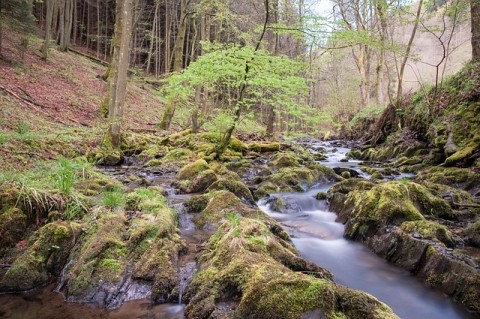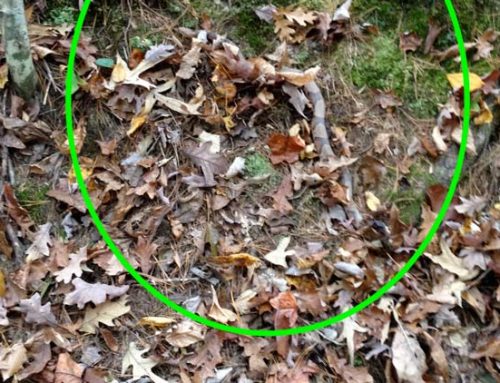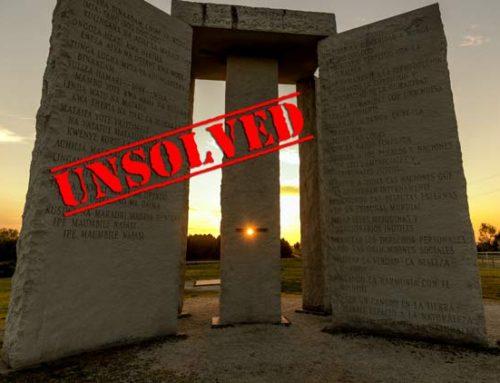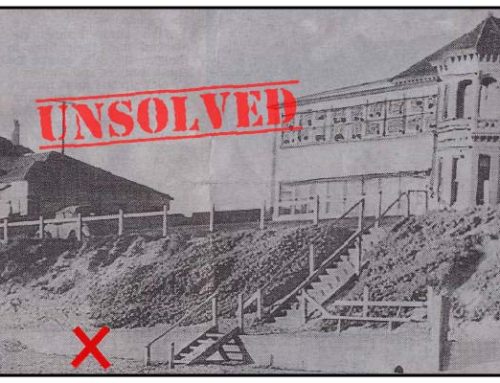For an eternity, Earth has been a land of wilderness. However, will that statement need to be moderated 50 years from now…?
With the ever increasing needs of a rapidly expanding population, some of that wilderness has already vanished. What comes to my mind immediately is the destruction of parts of the Amazon Forest, but even here in the United States, we are not immune to permanent human encroachment into areas once unknown to us.
This 10-year old article by Wallace Stegner on Mother Earth News is still timely today. And with September being the 50th anniversary of the signing of the Wilderness Act, what better time to highlight the article once again.
“Wilderness, as defined by the Wilderness Act, retains its primeval character — land where “the Earth and its community of life are untrammeled by man, where man himself is a visitor who does not remain.”
— the Act declared it to be “the policy of the Congress to secure for the American people of present and future generations the benefits of an enduring resource of wilderness.” Today only 4.67 percent of U.S. land (2.5 percent outside of Alaska) has permanent wilderness designation.
On Dec. 3, 1960, four years before the Wilderness Act was adopted, the following letter was written by esteemed author and conservationist Wallace Stegner (1909-1993) to David Pesonen, a consultant to a commission reviewing the need for wilderness legislation. It received global acclaim and became the manifesto for the wilderness movement. “Even just the last four words, ‘the geography of hope,’ had enough magic to help sway a nation toward a course that would have been unimaginable 50 years ago,” wrote Stegner’s biographer, Jackson J. Benson.”
You’ll find various points made within the letter, many just as relevant today, (or even more so!) than when it was originally written and submitted. It’s a fine letter amid a fine article, and whether you’re “pro” or “con” on the environment, on wilderness, or even climate change, sometimes the way things are presented and framed in perspective to a different period of time makes all the difference.
Take this little snipet for example:
We are a wild species, as Darwin pointed out. Nobody ever tamed or domesticated or scientifically bred us. But for at least three millennia we have been engaged in a cumulative and ambitious race to modify and gain control of our environment, and in the process we have come close to domesticating ourselves. Not many people are likely, any more, to look upon what we call “progress” as an unmixed blessing. Just as surely as it has brought us increased comfort and more material goods, it has brought us spiritual losses, and it threatens now to become the Frankenstein that will destroy us.
I could easily make a discussion of this here, especially since I grew up in an area called the Pennsylvania Wilds, but it would not be anywhere as effective as the now 10-year old, much shared and read discussion.
So, please, read the letter, and much more from the original 6-page article!
shared from Mother Earth News, authored by Wallace Stegner, August/September 2004
image License: CC0 Public Domain




